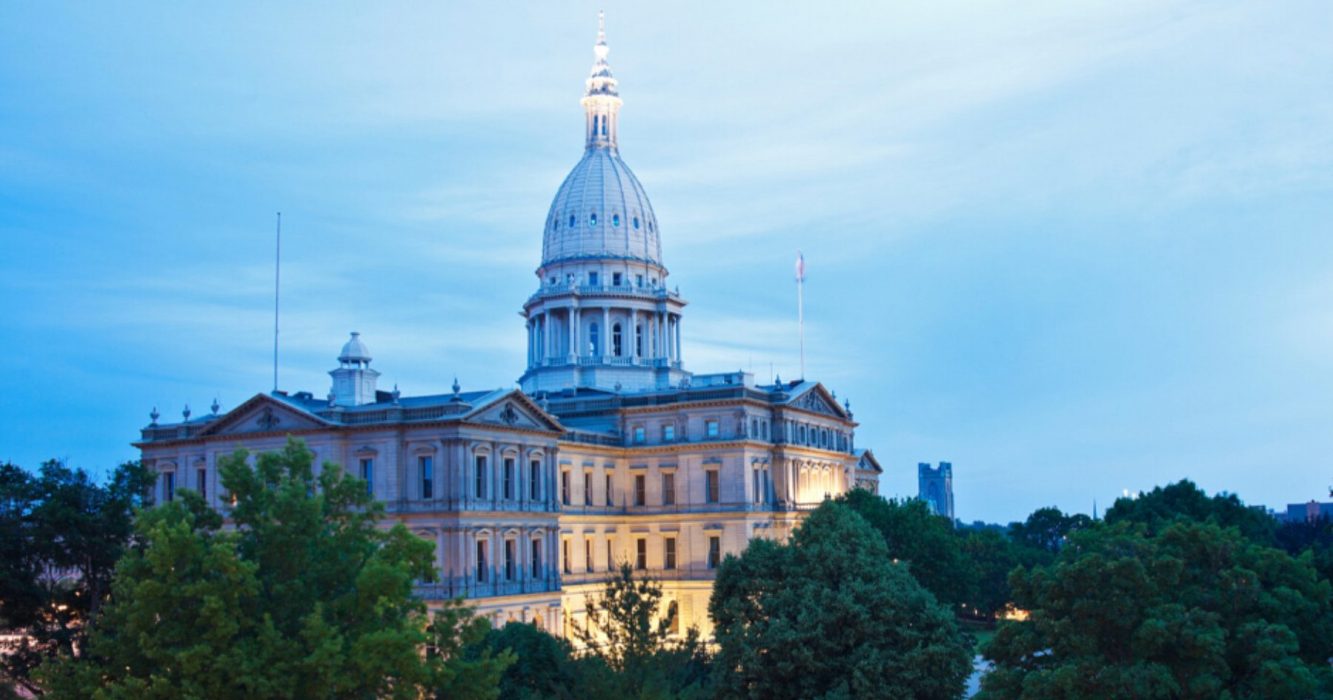
Article courtesy MIRS News, for SBAM’s Lansing Watchdog e-newsletter
Who would have guessed back in 2015 that the income tax reduction trigger crafted to give Republicans political cover during the gas tax hike vote would ever be activated?
After all, we’re talking about General Fund (GF) revenues being 40% higher than the rate of inflation based on whatever came into the state in Fiscal Year (FY) 2021.
Activating this trigger could only happen — realistically — if something cataclysmic happened in FY 2021 . . . and, amazingly, that happened with the COVID-19 fall out. General Fund revenues slowed down. In the years that followed, federal money helped bolster GF revenues to record levels. Voila.
Now Democrats are likely looking at a permanently decreased income tax rate from 4.25% to 4.05% if nothing is done by the time the books are closed on FY 2022, based on preliminary looks from the Senate and House fiscal agencies.
Outside of repealing this section of law, however, at least one other thing could be done to prevent this trigger from happening.
One idea circulating around town is steering money that is now slated to go to the General Fund in FY 2022 somewhere else.
During her State of the State address Gov. Gretchen Whitmer proposed a permanent funding stream for the Strategic Outreach and Attraction Reserve (SOAR) — the large pot of money designed to lure big developments to Michigan.
Michigan Economic Development Corporation CEO Quentin Messer Jr. told MIRS last week that at least 20 different projects are in the hopper for future SOAR allocations. The need is there.
The idea being suggested is to take a large portion of the corporate income tax, for example, and steer it to the SOAR Fund so the final General Fund number reported in the final book closing document (due at the end of March) is too low to activate the trigger.
This kills two birds with one stone for Whitmer. The administration would no longer need to grovel to the Legislature for more SOAR money every time a big project comes around and future budgets wouldn’t be thrown in question because of a deflated income tax rate.
Whether this is a serious proposal that is being considered isn’t clear. What is clear is that when MIRS brought the idea to Brian Calley, CEO of the Small Business Association of Michigan, he wasn’t a fan.
Calley was the Lieutenant Governor back in 2015 when the income tax rollback trigger was signed as part of the road funding deal. He concedes that a retroactive redistribution out of the General Fund to another fund would prevent the trigger from being activated.
“It is highly unusual and serves no purpose that could not be served through a more transparent appropriation to the SOAR fund, except that this backdoor approach happens to cancel the income tax rollback due to small business and other income taxpayers,” he said.
He said more than 99% of small businesses are taxed at the individual/owner level and pay the individual income tax rate on all of their business profit, regardless of what they personally take as income.
“SBAM does not oppose funding SOAR, but we do oppose cancelling small business tax relief to do so,” Calley said.
With HB 4001 and SB 1 making changes to the income tax code to expand additional exemptions for seniors, language could be placed in either document through a substitute.
Will it happen? We’ll find out together.